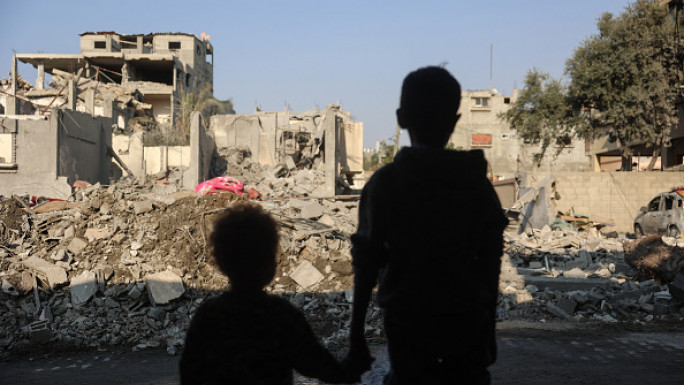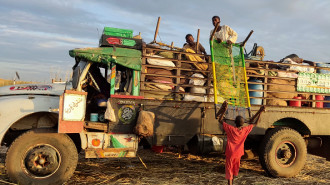Germany begins sending back Afghan refugees
A group of 34 Afghan asylum seekers arrived in Kabul Thursday after being deported from Germany, the first batch to be sent back after their applications were rejected.
The Afghans, all men, arrived on a chartered flight from Frankfurt, following a disputed Afghan-EU deal earlier this year aimed at curbing the influx of migrants.
"Another group of 50 Afghan asylum seekers are to be deported (from Germany) by the end of December or early January," said Islamuddin Jurat, spokesman for the Afghan ministry of refugees.
Jurat added that around 10,000 Afghans had already returned from Europe this year, even as the security situation worsens in the country amid an escalating Taliban insurgency.
The Afghans were flown to Kabul Thursday despite protests against the deportations by German pro-refugee groups and opposition politicians, who argued that the country was still unsafe.
German Interior Minister Thomas de Maiziere, speaking in Berlin, defended the returns as "right and necessary" to keep the country's refugee system operational.
"If German forces work to provide more security, if they work with others to advance reconstruction, then it is possible and reasonable for the Afghan population to return to their own home country," he told reporters.
De Maiziere, a former defence minister, argued that Taliban attacks largely targeted "representatives of the international community" in Afghanistan, not the civilian population.
And he noted that Sweden, another major host country for Afghan asylum seekers, had organised a similar flight of returns on Tuesday.
De Maiziere said the 34 Afghan returnees were all men and that about one third of them had been convicted of crimes.
Germany deployed troops to Afghanistan as part of the US-led invasion in the wake of the September 11, 2001 attacks. It was the third-largest contributor to NATO forces in Afghanistan behind the United States and Britain.
Germany let in around 890,000 asylum seekers last year including roughly 150,000 Afghans.
The influx slowed to 213,000 from January to September 2016 following a deal with Turkey and a series of border closures on the Balkan migrant route.
Public anger over the refugee arrivals has been stoked in Germany by several high-profile crimes involving migrants.
A teenage Afghan asylum seeker was arrested earlier this month on suspicion of the rape and murder of a 19-year-old female student in Germany.
Agencies contributed to this report.


![President Pezeshkian has denounced Israel's attacks on Lebanon [Getty]](/sites/default/files/styles/image_684x385/public/2173482924.jpeg?h=a5f2f23a&itok=q3evVtko)



 Follow the Middle East's top stories in English at The New Arab on Google News
Follow the Middle East's top stories in English at The New Arab on Google News


